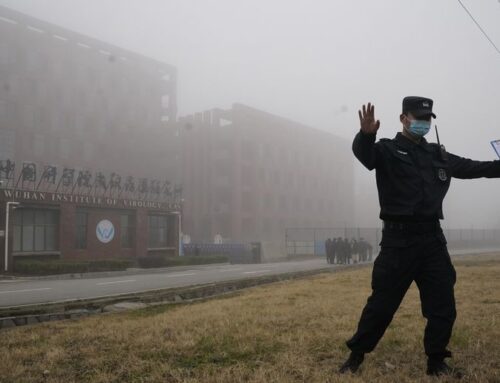The Weeping Prophet
Reprinted from Today in the Word
Jeremiah was called “the weeping prophet.” He was not just sad in an emotional sense. His tears expressed deep grief for sin and its consequences. At the same time Jeremiah’s grief was rooted in faith that God would ultimately make everything right. In that same spirit, Rend Collective affirms: “I will sing of Your name / Here in the shadows / I’ll light up an offering of praise / What was true in the light / Is still true in the dark / You’re good and You’re kind / And You care for this heart / Lord I believe / That you weep with me.”
Today’s passage is a lament over a drought that was a warning to Judah (see Lev. 26:18–20). God was trying to get His people’s attention, calling them to repent. In a lament, a speaker typically describes a crisis and asks God for help. A lament expresses godly sorrow, but with underlying and sometimes explicit notes of hope and faith. The individual grief is also meant to express empathy with the community.
Today’s passage follows the typical form of a lament. He described the drought and grieved over the suffering it caused (vv. 1–6). This natural disaster affected everyone. Not even the “nobles” could get water (v. 3). The farmers couldn’t either, foreshadowing a food shortage to come. Covering their heads was a cultural gesture of mourning. Even nature was affected. The doe deserting her fawn and the wild donkeys panting with thirst evoke our pity and sorrow.
Jeremiah asked God to help (vv. 7–9). He admitted that the people had sinned and deserved judgment but asked the Lord to be merciful. God, however, answered “no” (v. 10). The nation was not repenting, despite the warning embedded in the prophet’s lament.
How do you handle a “no” from the Lord? Do you trust Him anyway? Do you check your heart to see if repentance is needed? These are godly responses.
Extended reading: Jeremiah 14–15
How do we handle disappointment when You say no to our desires? We want to be obedient, but we still grieve. We want to trust You, but the future frightens us. Show us if we need to repent and stoke our belief that You know best.








Leave a Reply, please --- thank you.